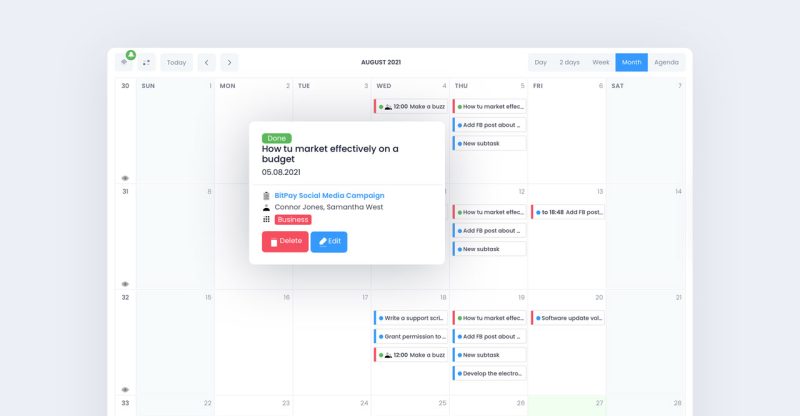When looking at job ads, candidates often pay attention to the specific competencies needed to perform a particular job, such as language skills, computer skills, or certifications, as these are key selection criteria. However, in job advertisements, there is often no distinction between skills and abilities, and these two concepts are frequently confused or used interchangeably. In today’s article, we will present the key differences between skills and abilities and show how they can affect your decisions in personal and professional life. Read on to find out more.
Skills vs. abilities – table of contents:
What are skills?
Skills encompass practical knowledge of a particular area that allows us to perform certain tasks in an organized, efficient, and effective manner. They are usually acquired through learning and developed through experience. What’s important, they can be measured and divided into various types, for example, technical skills (associated with specific tools), creative skills (associated with creating innovative solutions), and soft skills (e.g. communication, teamwork, problem-solving). Let’s take a look at some more examples:
- programming (e.g. Python),
- computer (e.g. Microsoft Office),
- public speaking,
- language,
- website design,
- writing sales content,
- driving licence,
- operating a cash register.
What are abilities?
Abilities are innate, natural predispositions (mental, physical, emotional, social, etc.) to performing certain tasks that allow us to be successful in particular areas. They affect the way people think, solve problems, shape relationships with others, and how they can acquire practical knowledge. They are definitely more difficult to measure, but contrary to popular belief, they can also be developed, e.g. through training, practice, and exercise. Here are some examples of abilities that may be relevant in your professional life:
- emotional intelligence,
- creativity,
- work under pressure,
- focus,
- logical thinking,
- collaboration.
You can develop new skill and capabilities by learning new techniques and using dedicated tools. In Firmbee, you will organize your work with clear to-do lists, calendars, Kanban boards, and other features, which aim to increase your efficiency and productivity.

Skill vs. abiliti. Key differences
What are the similarities between skill and abiliti? For starters, they both affect the way we perform tasks and succeed in different areas, and they can be developed as we study, practice, and gain experience (although innate predispositions are much harder to develop). What’s more, it’s the combination of the two that is the key to achieving dream results. However, it is good to be aware of the differences between skills and abilities. The most important ones are listed below.
- Origin – skills can be acquired, while capabilities are innate, and we are born with them.
- Development – both skills and capabilities can be developed and strengthened, although it’s harder in the case of innate predispositions.
- Nature – skills are measurable and observable, while capabilities may involve emotional, social, and intellectual aspects that are more difficult to measure.
Summary
Although there are some key differences between skill and abiliti, it’s worth highlighting that these two concepts are equally important in our lives. Together, they let us be effective at work, achieve our goals, and make career choices. So when you’re thinking about your career, it’s worth considering what natural talents you have, and then using them to acquire specific practical knowledge. By learning the difference between skills and abilities and putting that knowledge into practice, you will increase your chances of success.
If you like our content, join our busy bees community on Facebook, Twitter, LinkedIn, Instagram, YouTube, Pinterest, TikTok.
Author: Nicole Mankin
HR manager with an excellent ability to build a positive atmosphere and create a valuable environment for employees. She loves to see the potential of talented people and mobilize them to develop.


















